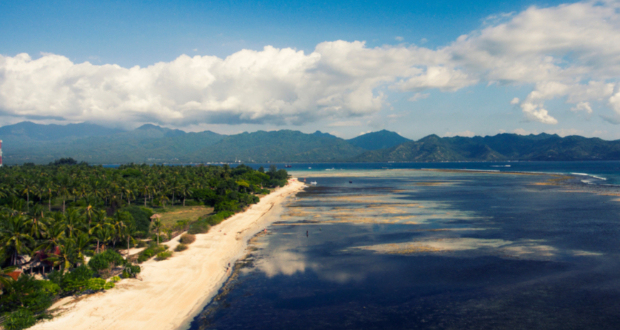In the vast expanse of the Indo-Pacific region, Small Island Developing States (SIDS) in the Indian and Pacific oceans often find themselves relegated to the sidelines, perceived as mere dots on the map overshadowed by larger geopolitical players and their interests. However, these seemingly diminutive nations are reshaping this narrative, asserting themselves as influential actors on the global stage, transforming from mere ‘small islands in a far sea’ to a powerful collective ‘sea of islands’. SIDs are crafting their own narrative as proactive agents of change, advocating for their rights and interests globally. And at the heart of this agenda lies the pressing issue of climate change.
These seemingly diminutive nations are reshaping this narrative, asserting themselves as influential actors on the global stage, transforming from mere ‘small islands in a far sea’ to a powerful collective 'sea of islands'.
SIDS stand at the forefront of climate change impacts, their small landmass and population are disproportionately vulnerable to adverse effects such as rising sea levels, coastal erosion and increased frequency of natural disasters. The consequences extend beyond economic implications to existential threats to their societies and cultures. SIDs are taking concrete steps to address climate change and urging the global community into action.
A testament to this resolve is seen in the groundbreaking legal initiatives undertaken by SIDS. In October 2022, Vanuatu, representing a coalition of states, submitted a draft resolution requesting an advisory opinion from the International Court of Justice (ICJ) on the obligations of member states regarding climate change. Subsequently, in November 2022, the Commission of Small Island States (COSIS) formally sought an advisory opinion from the International Tribunal for the Law of the Sea (ITLOS) concerning sea level rise and climate change under the United Nations Convention on the Law of the Sea (UNCLOS). These cases are significant not only for their departure from conventional issues brought by other states before international courts but also for exemplifying the SIDS’ endeavours to push climate resilience in global political discourse.




